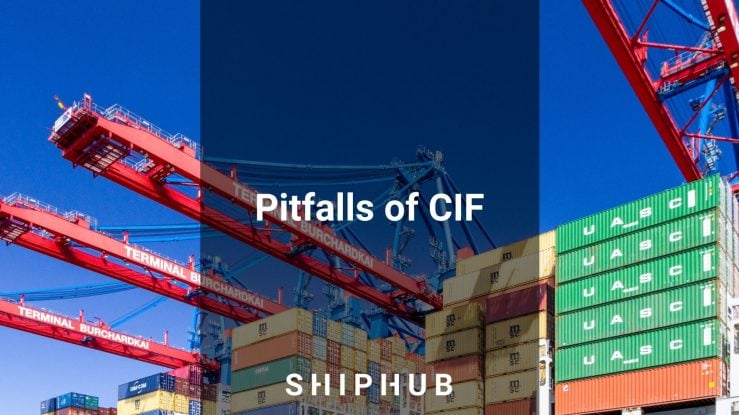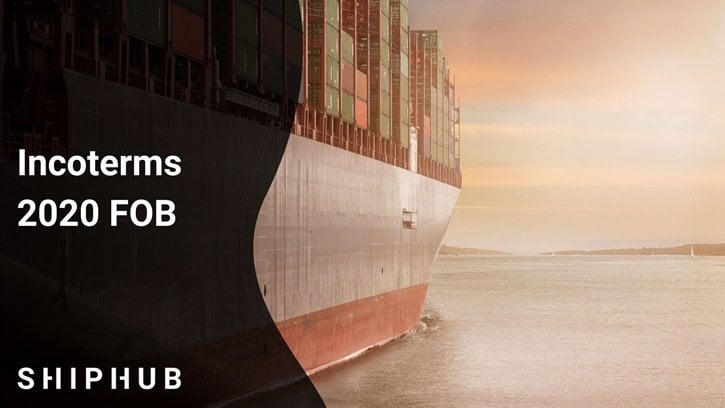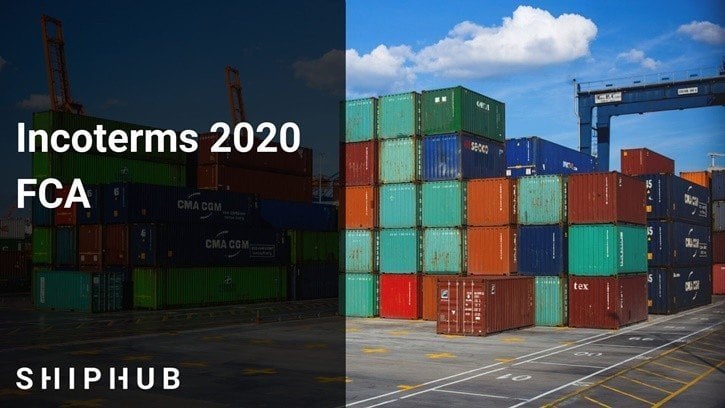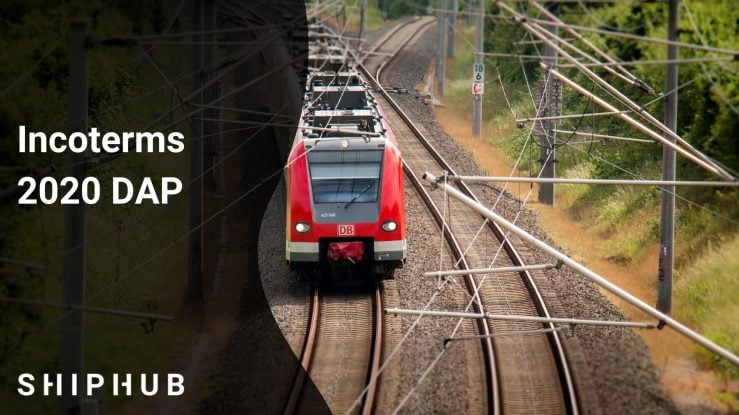Incoterms are known as International Trade Rules. They determine the conditions for the worldwide exchange of goods. It regulates the allocation of responsibility and costs between the buyer and the seller. CIF Incoterms is one of the longest-established formulas. However, Incoterms are updated every ten years, which means that some changes are expected in 2020.
Cost-sharing – Incoterms 2020 CIF
| The seller takes the costs: | The buyer takes the costs: |
| cost of export clearance; | costs of informing the seller of the date of dispatch of the goods and the port of destination; |
| cost of delivering the goods to the ship; | costs of import license and others authorizations; |
| costs of issuing and sending the commercial invoice; | cost of import clearance; |
| costs of obtaining an export license or other authorizations; | the costs of obtaining documents (or equivalent electronic documents) which are necessary for the buyer to import or transit the goods; |
| the cost of concluding the contract of carriage; | costs of pre-shipment checks on the products (except where the authorities require such checks of the exporting country); |
| the cost of insurance; | all costs not covered by the contract or not being freight but relating to the goods during transport from the port of loading; |
| cost of packaging and marking the products; | additional charges are resulting from the failure to notify the seller of the time of dispatch or destination. |
| the cost of giving information to the buyer (e.g., the goods have been delivered to the ship); | |
| costs of quality control (measurement, weighing, counting). |
What are the obligations of the seller?
- The seller is obliged to conclude a contract of carriage to a designated port of shipment at his own expense.
- Conclude and pay the freight contract costs.
- The seller is responsible for the loading the goods on the vessel.
- The seller is obliged to conclude an insurance agreement (with minimum coverage) and deliver it to the buyer.
- Is responsible for the export clearance and related costs.
What are the obligations of the buyer?
- The buyer is responsible for any damage or theft of the goods after the goods have been loaded to the vessel.
- Is obliged to bear all the costs required to obtain the certificate of origin, consular documents and import rates of duty.
- He has to inform the seller of the designated port, the name of the vessel and the delivery date.
- He organizes the import clearance and bears all related costs.
- The buyer has to obtain all documents necessary for import or transit.
Incoterms 2020 CIF
The seller bears all costs until the goods are delivered to the port of loading. Besides, the seller takes the risk until the goods have been loaded. He has to bear the insurance costs until the products have passed the side of the vessel at the port of loading.
Delivery of goods
According to this rule, the products are delivered by the seller at the moment when the goods pass the ship’s side at the port of loading. From now on, the seller is no longer liable for damage or loss of goods. These responsibilities are transferred to the buyer.
Insurance of the goods on Incoterms 2020 CIF
The seller has to conclude the insurance contract. The buyer has to note that the seller is obliged only to insurance with a minimum of coverage.
Incoterms 2020 CIF in transport
CIF rules are used only in maritime or inland waterway transport. Apart from the FOB rule, the most frequently used in bulk cargo transport by sea is the CIF rule. However, it is not allowed to use CIF Incoterms using more than one mode of transportation. The CIP formula is used for this purpose. CIF is not recommended for the transport of containers. In this case, the FCA and CIP formulas are recommended.
Transport may be carried out by several carriers in maritime transport. For example, first by a carrier operating a feeder ship from Hong Kong to Shanghai and then to an ocean-going ship from Shanghai to Southampton. In this case, the seller is no longer responsible for the goods in Hong Kong.
CIF and other Incoterms rules
The rule is very often misapplied because it cannot be applied to container transport. In this case, FCA or CIP are recommended.
It is also worth to notice that Incoterms CIF transfers the obligation to pay sea freight to the seller. (The opposite is FOB rule.)
The CIF formula is very similar to the CFR. But using CIF Incoterms, the seller additionally pays basic insurance of the goods during transport. When applying the CFR rule, the exporter is obliged to find the carrier, negotiate appropriate terms of the contract, and bear the transport costs.






